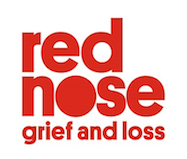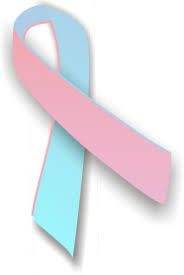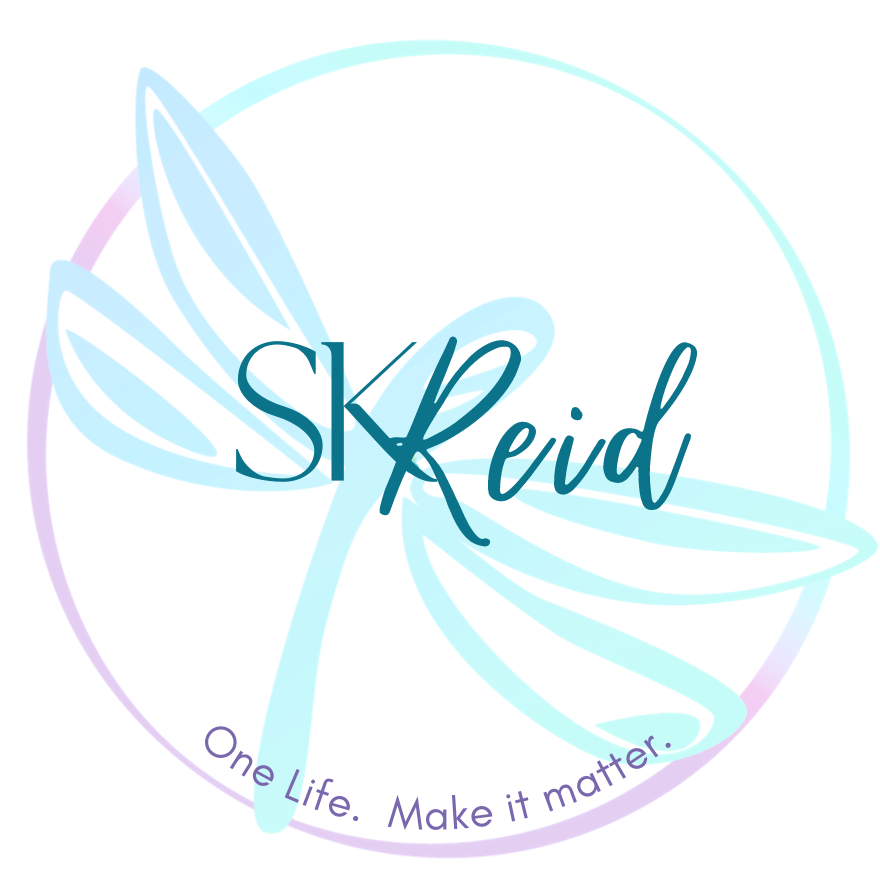October is Pregnancy and Infant Loss Awareness Month
1 in 4 pregnancies end in miscarriage every year, and an estimated 3000 babies die in Australia every year to stillbirth, and sudden and unexpected infant death, with similar numbers in the U
SA and UK (Red Nose Org. 2019; Now I Lay Me Down to Sleep, 2019). This equates to 1 in 4 women who carry the burden of a devastating grief over the tragic loss of a precious baby - sometimes, for the rest of their life.
The grief surrounding this loss is oftentimes not talked about, hidden from view in everyday life. In fact, unless you’ve been through something like this yourself, it’s possible that the magnitude of such a loss remains of little significance. It is certainly under-recognised and underappreciated in the wider community. This lack of social recognition only serves to amplify the alienation and grief felt by the bereaved.
Declaration of Pregnancy and Infant Loss Awareness Month.
The magnitude of this grief is in part the impetus that drove the late Ronald Reagan, President of the United States, to establish the Pregnancy and Infant Loss Awareness Month in 1988 in an effort to raise awareness around the impact and devastation of this loss:
When a child loses his parent, they are called an orphan. When a spouse loses her or his partner, they are called a widow or widower. When parents lose their child, there isn’t a word to describe them. This month recognizes the loss so many parents experience across the United States and around the world. It is also meant to inform and provide resources for parents who have lost children due to miscarriage, ectopic pregnancy, molar pregnancy, stillbirths, birth defects, SIDS (Sudden Infant Death Syndrome), and other causes”(Now I Lay Me Down to Sleep, 2019).
As someone who has suffered this devastating loss, I cannot even begin to tell you just how much this kind of acknowledgement and recognition means to me and to the many, many women and men who suffer also.
Pregnancy, Babyloss and Ambulance Studies
I recently completed my Bachelor of Paramedicine and a necessary part of our training was the physiology of pregnancy and birth. Given the recency of my own loss and grief, I found this aspect of my studies particularly gruelling. Having to put on a brave face and sit through lectures about all of the things that can go wrong or that can turn a normal pregnancy into a life-threatening emergency was difficult, as were the exams, the clinical practice, the mock births and deliveries. It was emotionally draining. I had to walk out of lectures on a couple of occasions because my emotions got the better of me and I couldn’t control my tears.
This was even more difficult when one day, whilst on placement, an emergency call came in for a 26 weeks pregnant woman who was in trouble. We had to transport her from a regional centre to urgent specialist care provided at the Royal Women’s’ Hospital in town. Part of my job was providing reassurance to the patient, all the while terrified about what was at stake and what could go wrong, whilst at the same time trying to supress my grief and still-raw emotions over my own loss. It didn’t get any easier at the hospital where all I could hear were the amplified sounds of foetal heartbeats echoing throughout the corridors, reminding me of my loss and alarming me as to what might happen to our patient and her baby. I never found out what happened to the patient. Sometimes it's best not to know.
Thankfully, I had recently completed my Grief and Bereavement and Counselling Intervention training with the Australian Centre for Grief and Bereavement and under the expert tuition and guidance of Keren Ludski, I gained some rudimentary skills in helping people who are grieving or in a grief crisis which I was able to implement for myself. This provided a much-needed emotional buffer of sorts throughout my paramedic training.
Red Nose Grief & Loss
It was a shock to learn that Keren had experienced the traumatic loss of her son Ben to SIDS. I remember her sharing with the class that there were some occasions where being candid about her own experience of loss was more appropriate than not. Moreover, in sharing our stories about the impact of this kind of loss helps the bereaved to feel less isolated.
Recently, I learned that Keren had since taken up position as CEO of Red Nose Organisation. Red Nose Organisation is “Australia’s leading authority on safe sleep and pregnancy, and bereavement support for families affected by the death of a child” (Red Nose Organisation, 2019). Red Nose was founded by bereaved parents in the 1970’s with the aim of providing support for families affected by stillbirth, miscarriage, or the sudden and unexplained death of a newborn or infant. Red Nose Grief and Loss provides critical support for parents who grieve the sudden or unexpected death of a baby or child. The organisation is also involved in vital research into why babies die so that similar deaths can be prevented, and other families need not suffer the devastating impact of such loss.
I wanted to find out more from Keren about what makes the grief around the death of a baby so difficult, and how she dealt with her own grief. Here, Keren talks about her grief, the grief of other parents, the tragedy of the loss of so many babies and how we important it is to treat those grieving this loss with empathy and compassion:
Keren Ludski, CEO, Red Nose.
The Grief of the Loss of a Baby
The hardest – but most truthful – thing to hear as a bereaved parent is that you will never get over it. For me and many other families I have spoken to over the years, it is learning to make space for it, so it becomes less edgy and less prickly and not as hard to breathe. But, being able to talk to someone who has gone through the same thing as you can bring so much comfort.
The other challenge is that the death of a baby goes against the natural order of things…parents are not meant to outlive their children, especially their babies. Parents have an innate need to protect their children and not being able to do that shatters their assumptive view of the world.
We All Grieve Differently
Everyone is different, and everyone’s grief journey will be different – even two parents of the same child will have a different way of dealing with their grief.
For me, I needed to try and make sense of things…to try and find some form of comfort or control in a situation where I had no control. The right people around me made a huge difference. I needed a small group of people who just let me talk, even when I wasn’t making much sense. One particular friend held my hand for years as I explored my spirituality and the meaning of life. I’m not sure what I would have done without her.
We know that giving bereaved families the opportunity to acknowledge and remember their child is an important part of the healing journey. It’s a crucial step in validating bereavement and starting conversations to reduce stigma and help people get the right support. For many parents, their grief can feel unrecognised and unacknowledged, which further adds to the pain and heartache. That’s why Pregnancy and Infant Loss Awareness Month is such an important time, so bereaved families can come together to remember their children and find connection with other bereaved families.
Legacy
As Ben’s legacy, my mission is to make sure no other child dies suddenly and unexpectedly. We have come a long way. We have reduced SIDS by 85 per cent in Australia. I can’t emphasise how huge this is. That’s 10,000 little lives saved, and 10,000 families that didn’t have to go through what my family went through.
However, nine families are still experiencing the death of a child every single day. And this is not okay. We need to do everything we can, because just one more family having to lose a child is one too many.
The best part about my job at Red Nose is having the chance to work towards this important mission every day, and also to make sure that the next family to experience this unimaginable tragedy will be treated with compassion, empathy, and understanding, and receive the support they need to navigate through the grief and trauma of losing a child.
For more on Red Nose, please visit:
Help Is Available
If you or someone you know is experiencing grief over the loss of your pregnancy or infant, help is available.
- For Australian residents, you can call the 24/7 Red Nose Grief Support Line on 1300 308 307.
- UK Residents can contact Sands Helpline on 0808 164 332 or helpline@sands.org.uk
- For USA residents, a list of resources can be found at:https://www.pregnancylossdirectory.com/support-organizations

